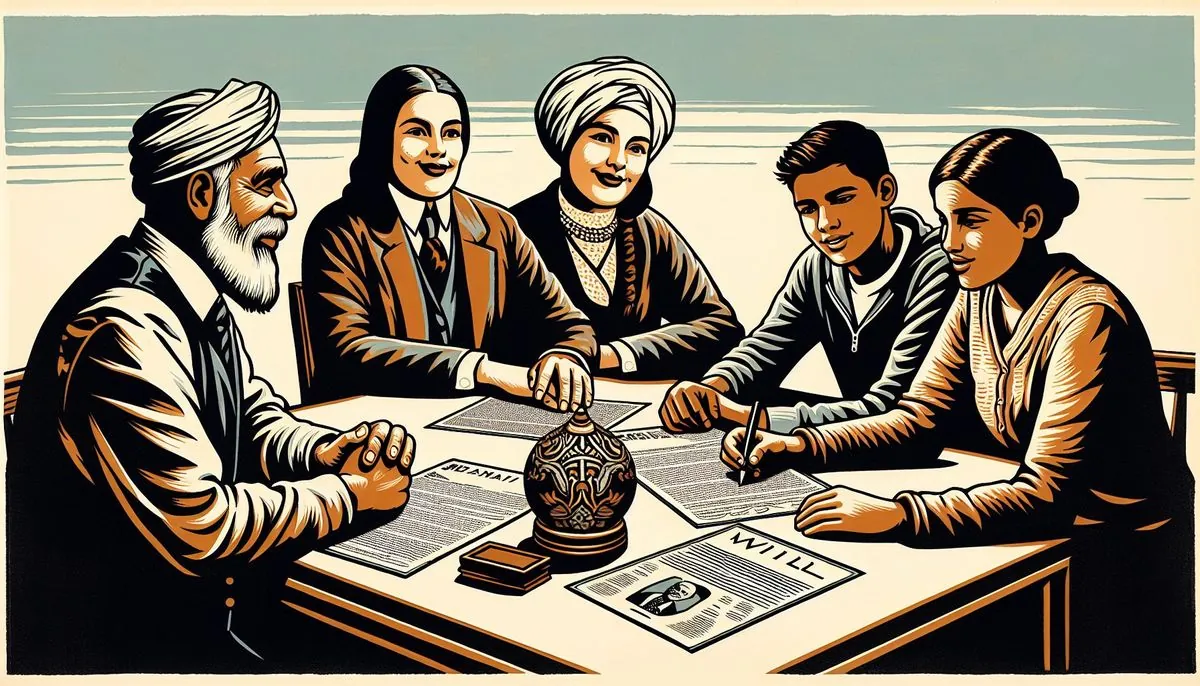Inheritance, a concept dating back to ancient civilizations, continues to be a complex and emotionally charged issue in modern times. As an update to a column originally published nearly eight years ago, this article delves into the intricacies of estate planning and the potential consequences of inheritance decisions.
The fundamental principle that inheritance is a gift, not a right, remains a cornerstone of financial advice. However, reader feedback has highlighted the profound emotional impact that inheritance decisions can have on families. Michelle Singletary, a financial columnist, has evolved her perspective based on these insights.
Many readers have shared their experiences of unequal inheritance, describing it as a "wrenching experience" and a "blow from the grave." These accounts underscore the deep-seated emotions tied to inheritance, which often represent more than just monetary value.
"Some nominal inheritance would have softened the memory, would have said he recognized he was a poor parent and regretted it. We had no idea why we were disinherited."
This quote illustrates how inheritance can be viewed as a final message from parents to their children, potentially affecting family relationships long after the parent's passing.
The concept of fairness in inheritance distribution is not always straightforward. While equality might seem the obvious choice, it may not always be the most equitable solution. Factors such as caregiving responsibilities or financial need can complicate the decision-making process.
For those planning their estates, it's crucial to consider the long-term emotional consequences of their decisions. Explaining the reasoning behind unequal distributions can help mitigate potential conflicts and misunderstandings among heirs.
Single individuals and godparents face unique considerations in estate planning. The assumption that well-off relatives don't need inheritance can be flawed, as financial situations can change unexpectedly. It's worth noting that in the US, inheritance tax applies in only six states, differing from estate tax.
When contemplating disinheritance, it's essential to weigh the potential for change in the disinherited individual's circumstances. People can overcome addictions, financial hardships, or other challenges that might have initially prompted the decision to exclude them.
Ultimately, while it's true that individuals have the right to distribute their assets as they see fit, the emotional legacy left behind is equally important. Clear communication and thoughtful consideration of all factors can help ensure that an inheritance becomes a final act of love rather than a source of family discord.
In conclusion, as Warren Buffett and other wealthy individuals have demonstrated by pledging to give away most of their wealth, inheritance is not just about passing on assets. It's about leaving a legacy that reflects one's values and relationships, potentially impacting family dynamics for generations to come.
